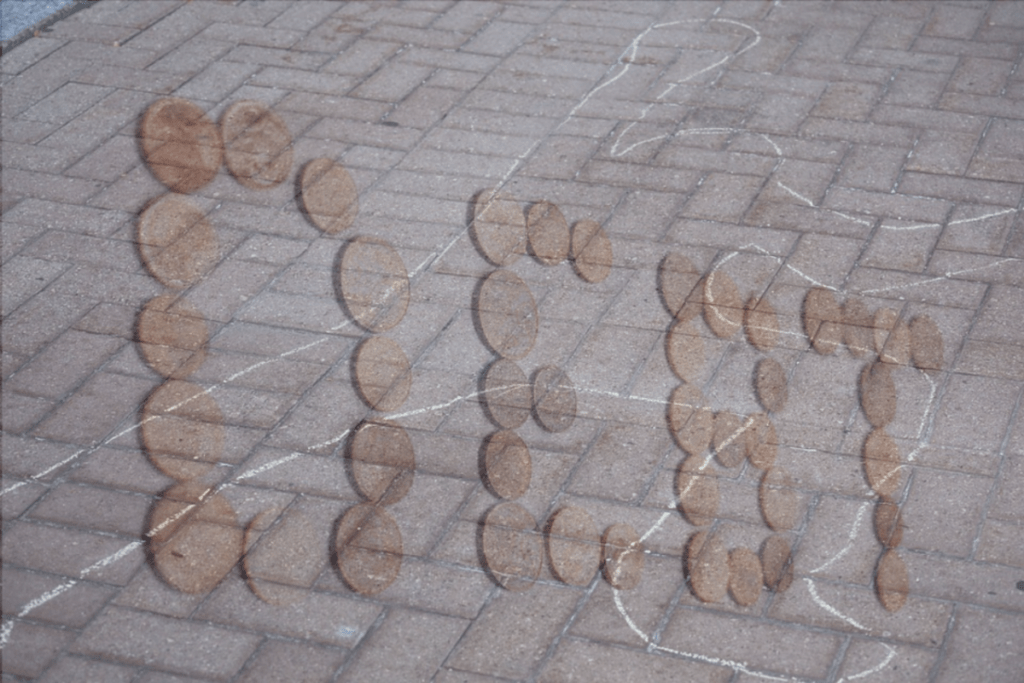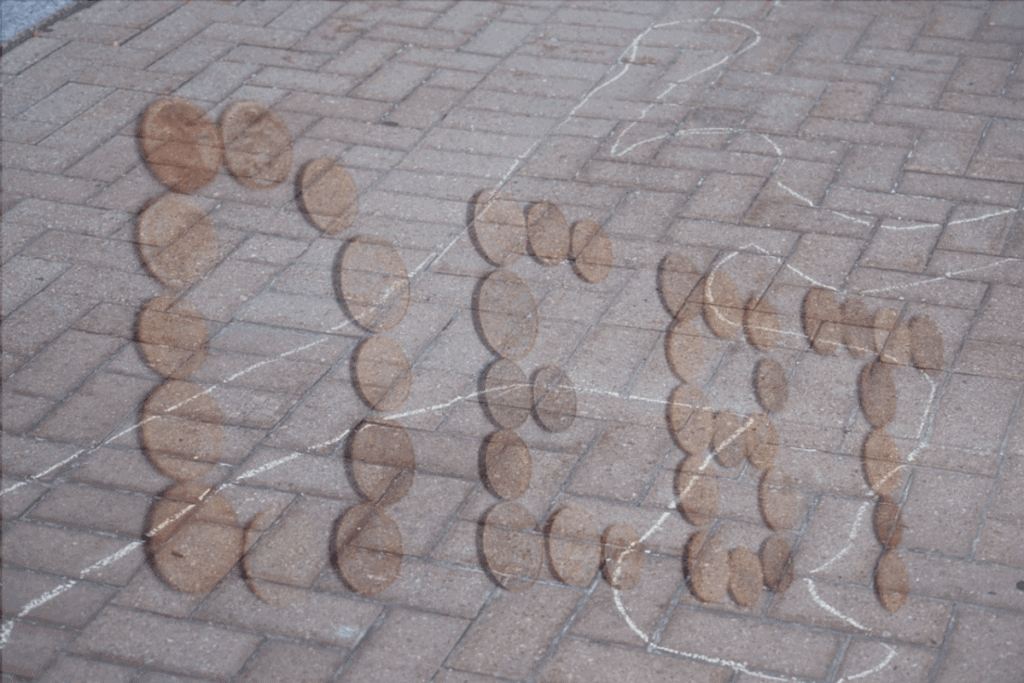 Introduction
Introduction
I first want to wish all of you and your families a healthy, happy and prosperous New Year. As 2019 draws to a close, I thought it would be interesting to do some research in my 2019 Brandon’s bankruptcy blog to see which ones were the most top 10 popular this year.
So, in order counting down from number 10 to number 1, here are my top 10 bankruptcy blog counts for 2019.
#10 – 407 ETR DEBT SETTLEMENT: OUR NEWEST GUILT FREE WAY TO DO IT
This was a blog I wrote in 2015 as a follow up from one in 2014. It was updated for a 2018 Court decision.
In January 2014 in our blog titled 407ETR FAIRNESS-ONTARIO COURT OF APPEAL ENSURES FRESH START I described to you the decision of the Court of Appeal for Ontario in 407 ETR Concession Company Limited v. Superintendent of Bankruptcy (In the Matter of the Bankruptcy of Matthew David Moore) (the Moore Decision).
The highway’s owners appealed that decision to the Supreme Court of Canada (SCC). On Friday, November 13, 2015, the SCC released three decisions all dealing with the same basic issue: does the federal Bankruptcy and Insolvency Act (BIA) take paramountcy over provincial laws purporting to deal with the issue of debt and bankruptcy in Canada. The SCC answer was a resounding YES!
This blog talks about how 407etr deals with the debt owing by an insolvent person filing either a consumer proposal or for bankruptcy.
#9 – SOMETIMES EVEN A SHARK NEEDS BANKRUPTCY AND INSOLVENCY HELP
Not every innovation that is seen on The Shark Tank is bound to be one of the very best. Among the winners, one just entered into bankruptcy and insolvency proceedings. In this blog, I described one such company that got a deal on Shark Tank, but ultimately, went into bankruptcy.
Fizzics is a machine that makes use of sound waves that improves the taste and quality of a beer. Not even a Shark can stop its company from being driven to Chapter 11 bankruptcy protection. This proves that often an ingenious and fantastic invention being marketed with the assistance of a Shark might not truly interest people.
#8 – COURTS OF JUSTICE ACT: COURT OF APPEAL FOR ONTARIO CREATES NEW RULE?
This was a June 2019 blog about a then-recent decision of the Court of Appeal for Ontario that raises certain issues for a Receiver appointed under the Ontario Courts of Justice Act. The question answered in this blog which I focussed on was does the appeal period in the BIA or the Courts of Justice Act, regulates the appeal period from the order of the motion judge in this situation?
#7 – GAMBLING DEBT BANKRUPTCY: CAN GAMBLING DEBT BE DISCHARGED IN BANKRUPTCY?
I am often asked if you can have a gambling debt bankruptcy; can gambling debts be discharged in bankruptcy? In that January 2018 blog, I discussed the issues and provided my views on how best to get a discharge from not only gambling debts but debts related to any addiction.
#6 – CANADIAN REVERSE MORTGAGE: SENIORS MOVING FORWARD WITH INCREASED DEBT
In this August 2019 blog, I discussed the issue of how seniors are flocking to the Canadian reverse mortgage product in record numbers. I described what seniors must know to avoid reverse mortgage problems.
#5 – PRENUPTIAL AGREEMENTS MAKE FAMILIES STRONGER: THEY AREN’T JUST FOR THE RICH & FAMOUS – PRENUPS IN ONTARIO ARE FOR YOU TOO
In this July 2017 blog, I wrote about how prenuptial agreements make families stronger and why anyone can benefit from prenups in Ontario.
#4 – FORM 31 PROOF OF CLAIM: HOW TO COMPLETE THE PROOF OF CLAIM
This blog is from October 2018. I discussed how a form 31 proof of claim form should be completed and discussed why it is important for it, and the related proxy, to be completed properly.
#3 – 40 PARK LANE CIRCLE, 44 PARK LANE CIRCLE TORONTO FOR SALE: ARE FINANCIAL PROBLEMS CONTAGIOUS?
This March 2015 blog asked somewhat tongue in cheek if financial problems could be a result of where you lived. I reviewed some high profile insolvency cases by residents of 40 Park Lane Circle and 44 Park Lane Circle in the toney Bridle Path area of Toronto. I also provided some solutions people could use to solve their own debt issues.
#2 – WHAT HAPPENS TO DEBT WHEN YOU DIE CANADA: ARE YOU FREE OF DEBT
This was a June 2018 blog. In it, I explored what happens to debt when you die in Canada. Does debt survive death or not?
#1 – AVERAGE CANADIAN NET WORTH 2018: MIDLIFE WEALTH SHOCK MAY LEAD TO DEATH
This September 2018 blog looked at household debt at an all-time high, making the average Canadian net worth 2018 is a hot topic. My blog explored a then-recent study showing what could happen if we experience wealth shock.
Bankruptcy blog conclusion
You may have already noticed over the last 10 days or so I have slowed down a bit in the writing of my Brandon’s bankruptcy Blog. The holiday period will do that to me! I will continue in January at a slower pace of blog posting. Come February, I will pick up the pace again.
In the meantime, again, I wish all of my loyal readers and their families a healthy, happy and prosperous 2020.


